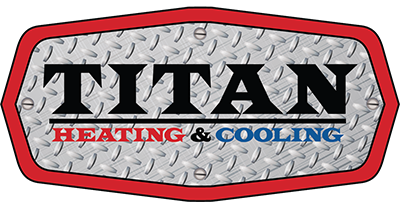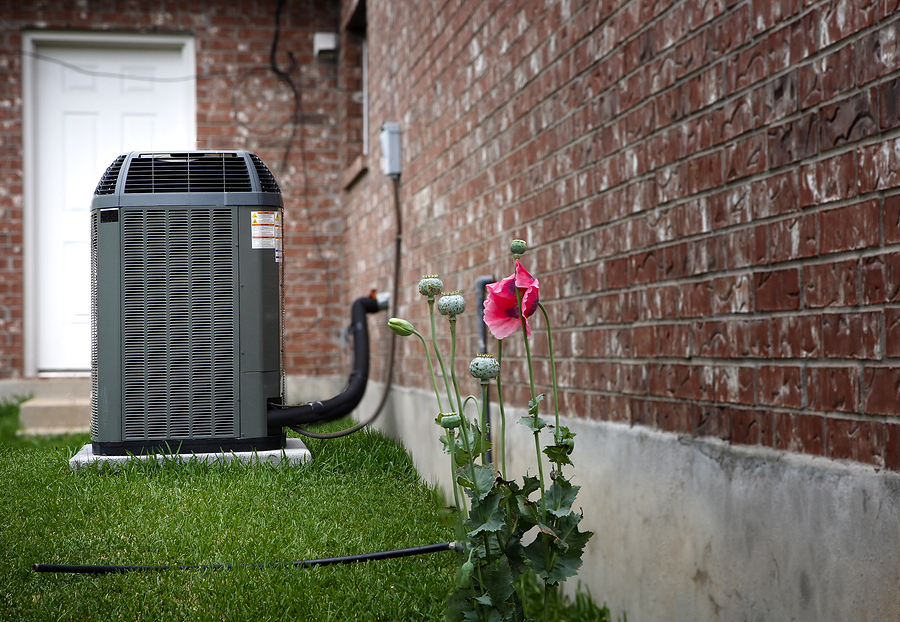When your A/C breaks down, you’re stuck in a hot, sticky home until you get it back up and running again. And in addition to that physical discomfort, it can be difficult to know whether to have repairs done or to bite the bullet and buy a brand new system. There are many factors to consider, including the age of your system, frequency of repairs, and how efficiently it runs. To help you sift through these factors, let’s take a look at some of the pros and cons of repairing or replacing your air conditioning unit. Consider the Age of Your A/C Unit When Evaluating Whether Repairing or Replacing Your Air Conditioning Unit When determining whether to repair or replace your A/C unit, consider its age. If it is less than 10-12 years old, it’s generally worth repairing, unless it has a major issue that needs fixing (such as a failing compressor or condenser). If it’s older than that, it might be time to consider an air conditioner replacement, especially if repairs are becoming frequent. However, it’s not always that clear cut. An older system could still have a lot of life left in it if you have kept up on routine maintenance. Regardless of age, if your A/C unit isn’t running properly, contact an air conditioning repair company like Titan to inspect it and help you determine if repair or replacement is the best option. Compare the Cost of Repairs vs Replacement An individual A/C repair almost always costs less than replacing your unit. But in many cases, installing a new unit could be more cost-effective for the long term. If needed repairs come out to be 40% or more of the cost of a new system, replacing your air conditioner will be a better long-term investment. And if your A/C unit constantly breaks down, that’s a good sign that it's time for a replacement. SEER Rating: How Efficient is Your A/C Unit? Another factor to consider when deciding between air conditioning repair or replacement is the efficiency of your current system. If your A/C unit runs inefficiently — it runs constantly, doesn’t cool adequately, or causes increasingly high energy bills — you could save money in the long run by replacing it with a newer, more efficient model. One factor to consider as you make that decision is the Seasonal Energy Efficiency Ratio (SEER) rating of your unit. The SEER rating measures the A/C unit’s total cooling output over a season against the total energy consumed during a season. This can help you compare the operating costs of your old system vs new air conditioner models. Today’s A/C units have a minimum SEER rating of 13, whereas older units generally have a much lower rating, often in the range of 8-10 SEER. For each SEER rating increase, you save about 7% on your energy bill. For example: if you have an old 1980s A/C unit with a 9-10 SEER rating, you could save 21-28% on your energy bills by replacing it with a new unit rated at 13 SEER. And if you upgrade further to a 15-16 SEER unit, you could save even more — as much as 42-49%! As you can see, replacing your old system with a new, more efficient model can mean big savings. Titan’s Financing Options for Replacing Your Air Conditioning Unit At Titan, we understand that even with significant savings in the long run, replacing your air conditioner can feel like a hefty investment. That’s why we offer financing options to help make your air conditioner replacement costs less burdensome. We offer convenient monthly payment options, competitive interest rates, deferred interest, and more....
Read More



